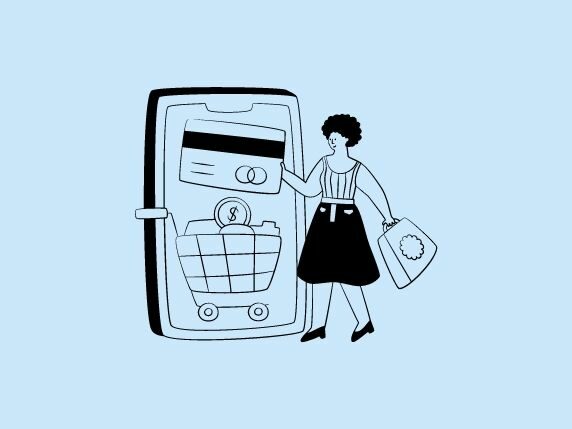Covid-19 has transformed the way we pay for goods and services, with businesses increasingly banning cash to help reduce transmission of the virus. But as high streets get set to operate within reduced restrictions from 19 July, this move towards a cashless society isn't just likely to continue. According to reports this week, it is going to expand.
Under new rules drawn up by the Financial Conduct Authority (FCA), the contactless card payment limit will shortly more than double to £100. Ahead of the change, our financial services solicitor John Pauley explains what the changes mean for businesses and consumers and why those predicting the death of cash and coins are wrong.
John says:
'In the long run, it is inevitable that there will be increases in contactless payment limits. This will be due to inflation, price rises, greater acceptance of the payment method and a greater adoption of modern means of payment in general. This process seems to have been accelerated by Covid.
From a Covid perspective, the benefits seem clear-cut - not having to touch something that many others may also have touched helps lower risk of transmission. Certain businesses will benefit, because increasing the limit makes it quicker, and therefore more efficient, to pay. Places like petrol stations, bars and restaurants, where we see high footfall, will be among those at the front of the queue to up limits.
Payment service providers, and credit card providers, will also potentially benefit from increased transaction volumes. Put simply, if you make it easier for people to pay, it is likely volumes will increase. And, as lockdown eases, there’s a good chance it will contribute to increased spending among consumers.
Payment card issuers need to ensure that they maintain appropriate systems and controls to mitigate the risk of contactless payments being carried out fraudulently. It seems likely there may be some increase in fraud, though hopefully this will stay at a similar proportion of contactless payments to that currently experienced. It is possible some retailers may experience increased fraudulent transactions, albeit limited to £100 for a single transaction.
While the maximum limit allowed has been increased, card issuers should bear in mind they do not have to increase their limits. Businesses should make the decision based on what is best for them. It is also important to note that an issuer can choose to insist on strong customer authentication methods even for payments under £100. This extra layer of security can further help to guard against fraud.
In their latest business plan, the Financial Conduct Authority stated one of its objectives was to 'ensure consumers can rely on safe and accessible payments to receive their pay or benefits, settle their bills and access cash when they need it.' Equally they also committed to helping 'ensure that customers continue to have access to cash.' Balancing these requirements now and long into the future will be key.
The death of cash has been predicted many times over the years. And while volumes have reduced significantly, particularly during lockdown, new payment methods and technologies continue to be developed and evolve. However, I think cash is still likely to be around for some time to come. Over time, it is likely that there will be incremental increases in the contactless limits driven by factors such as inflation, but also possibly consumer behaviour and demand. There could also be decreases if significant trends with fraud are identified, however, this could be issuer-driven rather than rule-based.'







